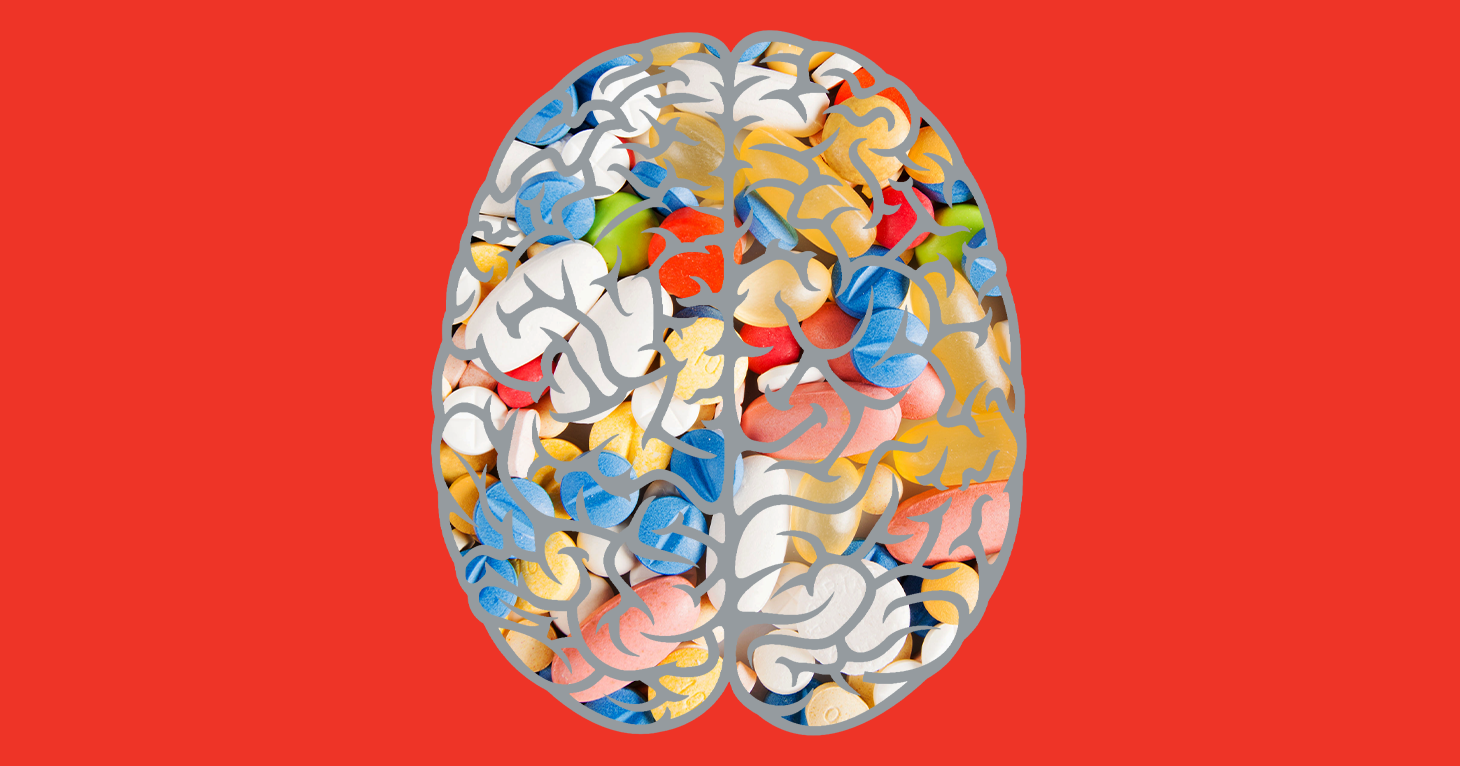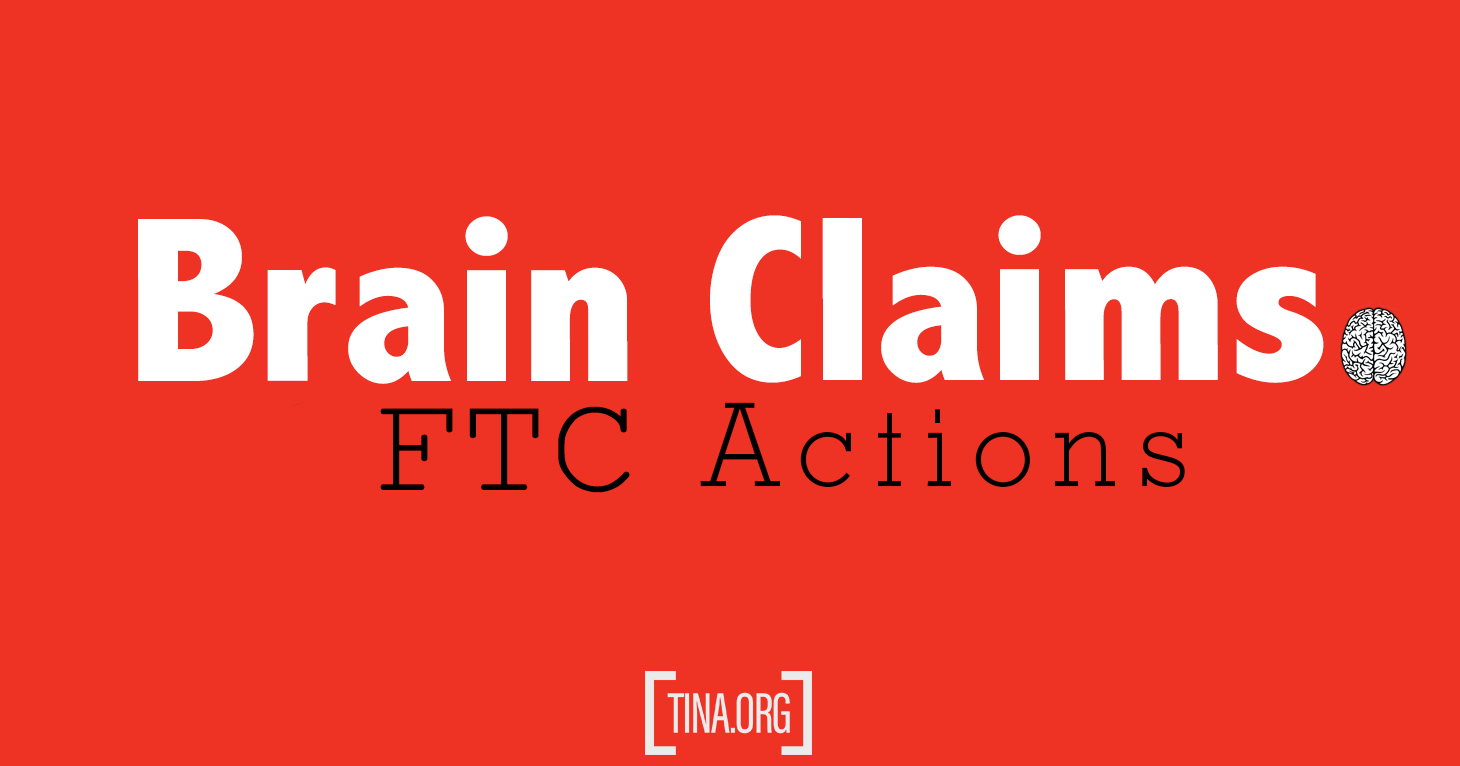
Best Reader Tips of 2021
This year reader tips led to dozens of ad alerts, as well as a complaint to regulators.
Brain experts say save your money.
If you’re thinking about taking a supplement to boost your brain health, a new report by the Global Council on Brain Health (GCBH) says save your money. We’re not paraphrasing here. That’s a direct quote from the report, which adds: “Buying supplements to benefit your brain health is likely a waste of money.”
So what about all the brain supplements out there claiming they can improve memory (looking at you Prevagen), prevent cognitive decline, stave off dementia, and so forth? Is there anything to these marketing claims? The report looked at the evidence and concluded:
Supplements have not been demonstrated to delay the onset of dementia, nor can they prevent, treat or reverse Alzheimer’s disease or other neurological diseases that cause dementia. For most people, the best way to get your nutrients for brain health is from a healthy diet.
The GCBH is a group of scientists, health professionals, scholars and policy experts working in areas of brain health related to human cognition. (TINA.org provided feedback on the report.) The group is funded by the American Association of Retired Persons (AARP).
The report is packaged with a survey conducted by AARP that underscores the disparity between how the $3 billion brain supplement industry is generally perceived by consumers — thanks in no small part to the deceptive marketing of companies like Prevagen, which has for years claimed that its top-selling supplement is “clinically proven to improve memory” without proper scientific evidence — and the actual limitations of the products the industry peddles.
For example, the survey found that around 50 percent of Americans suspect that the FDA reviews supplements for safety and effectiveness before they are sold — a misconception that is reflected in the additional finding that 75 percent of Americans believe supplements are “extremely/very” or “somewhat” effective at maintaining brain health or mental sharpness. The reality is the FDA only regulates prescription drugs before they go on the market.
But perhaps most shocking, the survey found more Americans age 50 and older say they take a supplement to reverse dementia than the number of people diagnosed with the disease, which points to marketing more effective than the products themselves.
America is getting older and to stay sharp mentally a large portion of the population — 58 million people, according to the report — is turning to supplements marketed for brain health. The report urges consumers to have a rethink.
“It’s tempting to think you can pop a pill and prevent dementia but the science says that doesn’t work,” said Sarah Lenz Lock, AARP senior vice president for policy and executive director of the GCBH. “The good news is, we know what will help to keep your brain healthy: exercise, a healthy diet, plenty of sleep, challenging your thinking skills, and connecting with others. Rather than buying a dietary supplement, spend your money on new walking shoes or a salmon dinner.”
Find more of our coverage on brain supplements here.
This year reader tips led to dozens of ad alerts, as well as a complaint to regulators.
Supplement MLM takes down dozens of deceptive claims following TINA.org investigation.
Since 1995, the FTC has brought nearly 70 actions over deceptive brain claims.


